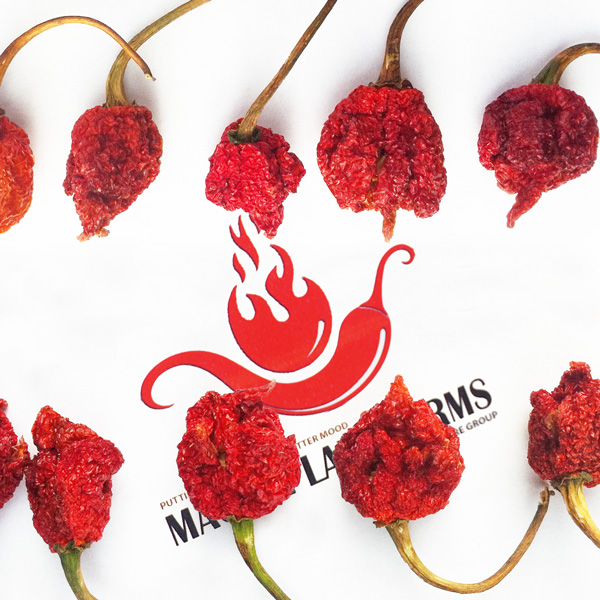

If the temperature rises above 90☏, the plants may suffer from heat stress and start wilting or dropping leaves. It’s important to note that Carolina Reaper plants are sensitive to extreme temperatures, especially during summer when the sun is at its peak. However, some experienced growers recommend providing them with up to 12 hours of direct sunlight daily for optimal growth and yield.

As a general rule of thumb, Carolina Reaper plants need at least 6-8 hours of direct sunlight per day. Sunlight Requirements for Carolina Reaper PlantsĬarolina Reaper plants are native to warm and sunny regions, so they require plenty of direct sunlight to thrive. In this article, we’ll explore the ideal sunlight requirements for Carolina Reaper plants. Growing Carolina Reaper plants at home can be an exciting and rewarding experience, but knowing how much sunlight they need is crucial to ensure their healthy growth and high yield. This pepper is known for its scorching heat, which can reach up to 2.2 million Scoville units, making it one of the hottest peppers in the world. But, when keeping peppers over the winter works, you will be guaranteed a bumper crop of your favorite peppers.Carolina Reaper is a hot pepper variety that has gained a lot of popularity among chili lovers in recent years. When overwintering pepper plants, some varieties will perform better than others.
#Carolina reaper plant not producing how to
That being said, even if you correctly follow all of the steps for how to keep peppers over winter, you may find that your pepper plant doesn’t survive. In a week or so, you should see some new growth appear. Resume watering, but make sure not to overwater the pepper plant. You may even want to use a heating pad under the pot to add additional heat. To finish your pepper winter care, about a month before your last frost date, bring your pepper plant out of the cool location and move it to a brighter, warmer location. The pepper plant will grow new branches in the spring. This step in overwintering pepper plants will remove the dying leaves and make the plant less susceptible to pests. Prune back the branches of the pepper plant to a few main “Y”s on the plant, leaving about 1-2 inches (2.5-5 cm.) for the upper part of the “Y”. Once the leaves start to die, you can prune back the pepper plant. It’s almost the same thing as what happens to trees outdoors. Shortly after you place the pepper in a cool location and cut back watering, you will notice the leaves starting to die back. Don’t let the soil stay soaked, but also don’t let it dry out completely. You’ll only need to water the plant once every three to four weeks while overwintering pepper plants. When you’re keeping peppers over the winter, you’ll find that they need far less water than in the summer. Once you’ve placed the pepper plant in this location, cut back the watering. For pepper winter care, the pepper plant won’t need much light, so near a window or near a lamp with a fluorescent bulb will be enough light in these locations.

An attached garage or a basement is ideal. The next step for how to winter peppers indoors is to find a cool, dry location to store the pepper plant - somewhere that remains around 55 F. Remove all pepper fruit, mature or immature from the plant. This will help to knock off any pests that may be hiding on the leaves. When you do so, thoroughly spray the plant down. The first step for how to keep peppers over winter is to bring them indoors. If you want to grow peppers for fruit in the winter, you will need to do so in a greenhouse with supplemental light. In order to produce fruit, peppers need a certain temperature and amount of light that the average house in the winter cannot provide. How to Winter Peppers IndoorsĪ note - if you plan on overwintering pepper plants, realize that doing this will keep the plant alive, but it will not produce fruit. Keep reading to learn how to keep peppers over winter. Overwintering pepper plants can be a little tricky, but if you own a specialty pepper, especially chili peppers, keeping peppers over the winter is a great way to get a jump start on the season next year and increase the length of the production period of your pepper plant. Many gardeners regard pepper plants as annuals, but with a little pepper winter care indoors, you can keep your pepper plants for the winter.


 0 kommentar(er)
0 kommentar(er)
